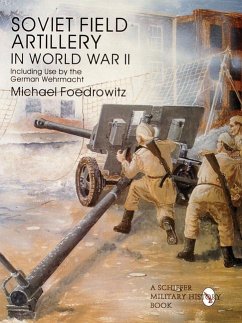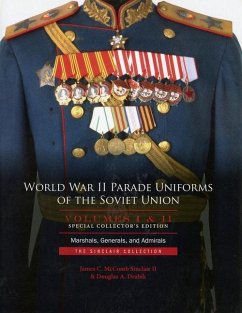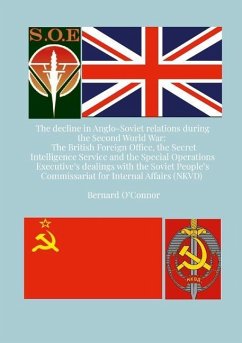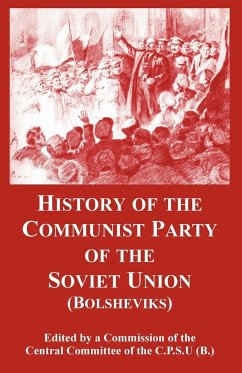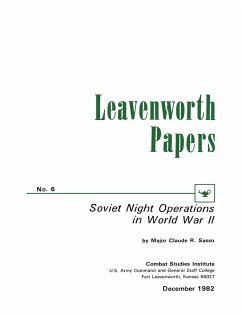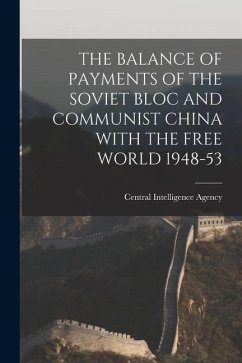![The Soviet History of World War II [1959] The Soviet History of World War II [1959]](https://bilder.buecher.de/produkte/70/70252/70252942z.jpg)
The Soviet History of World War II [1959]
Versandkostenfrei!
Versandfertig in über 4 Wochen
17,99 €
inkl. MwSt.

PAYBACK Punkte
9 °P sammeln!
This 1959 study examines the evolution of the Soviet Union's official narrative of World War II, focusing on the discrepancies between propaganda and the lived experiences of key societal groups. The analysis reveals a consistent pattern of historical distortion aimed at bolstering the regime's authority and concealing its early failures. Despite internal resistance from military officers, historians, and writers, the fabricated narrative dominated the postwar period. Following Stalin's death, strategic concerns and Khrushchev's revelations prompted a reappraisal, leading to a more candid ackn...
This 1959 study examines the evolution of the Soviet Union's official narrative of World War II, focusing on the discrepancies between propaganda and the lived experiences of key societal groups. The analysis reveals a consistent pattern of historical distortion aimed at bolstering the regime's authority and concealing its early failures. Despite internal resistance from military officers, historians, and writers, the fabricated narrative dominated the postwar period. Following Stalin's death, strategic concerns and Khrushchev's revelations prompted a reappraisal, leading to a more candid acknowledgment of initial defeats and the contributions of the Allies. However, recent historiography reflects a cautious balance between acknowledging past mistakes and preserving the party's historical reputation. While politically motivated distortions persist, the increasing volume of military studies and translated foreign works suggests a growing recognition of the value of truth in understanding and preparing for potential future conflicts. This annotated edition illustrates the capabilities of the AI Lab for Book-Lovers to add context and ease-of-use to manuscripts. It includes several types of abstracts, building from simplest to more complex: TLDR (one word), ELI5, TLDR (vanilla), Scientific Style, and Action Items; essays to increase viewpoint diversity, such as Grounds for Dissent, Red Team Critique, and MAGA Perspective; and Notable Passages and Nutshell Summaries for each page.



